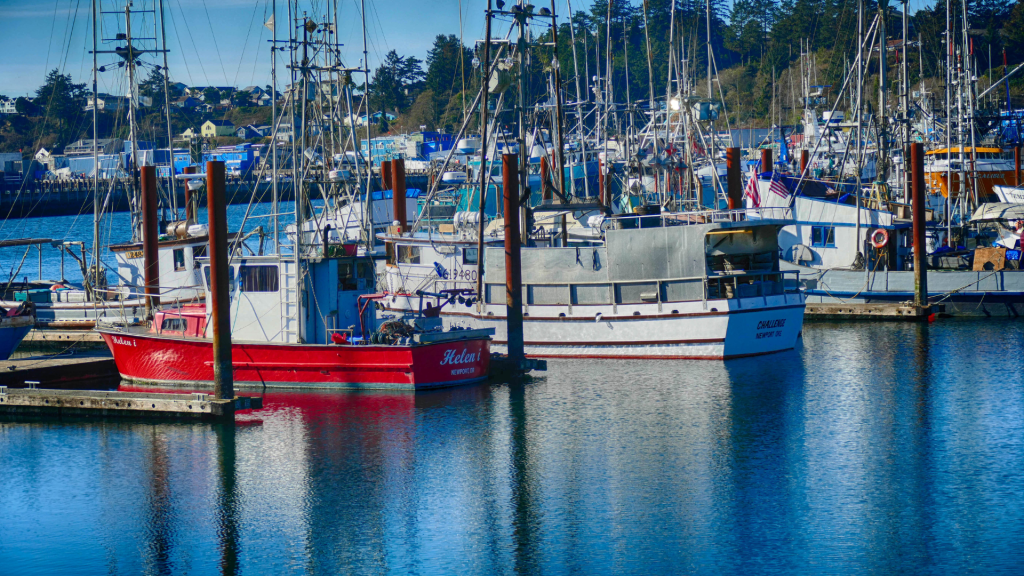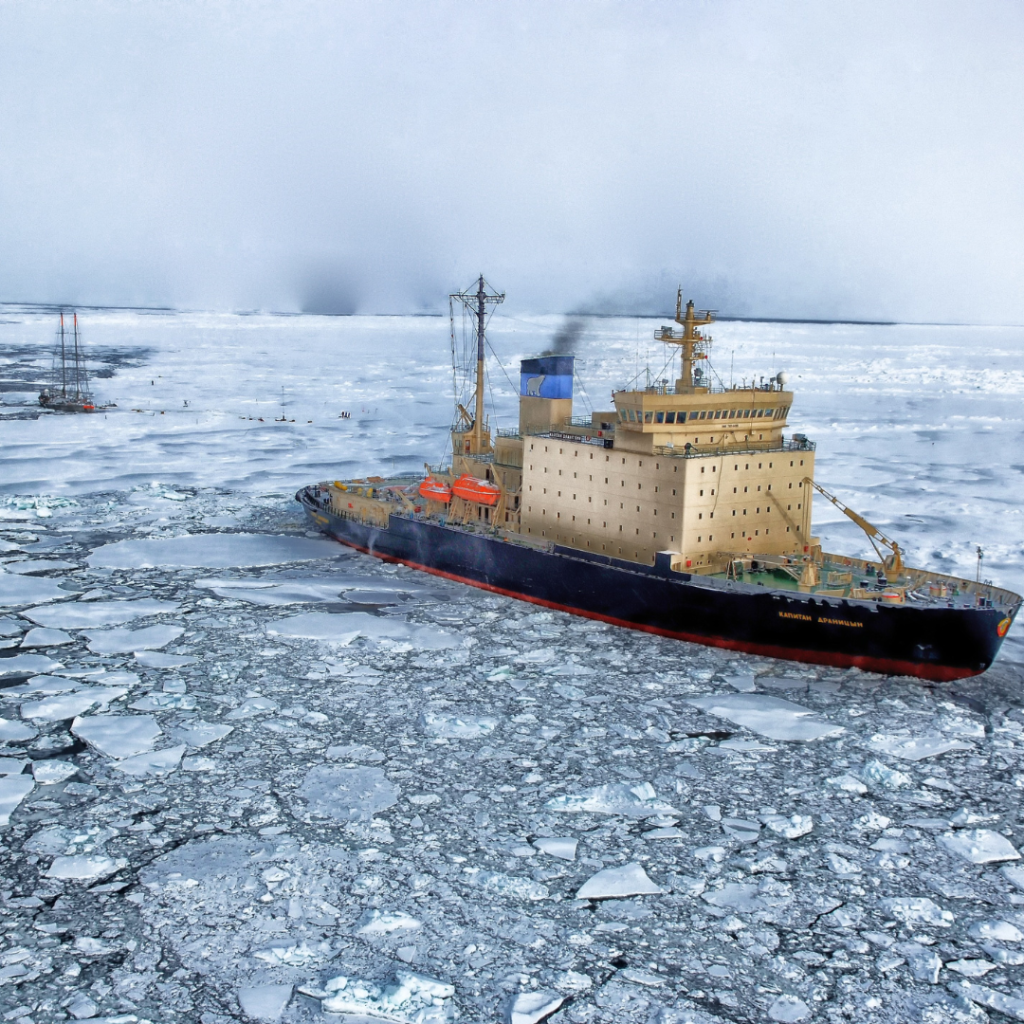
Turtles, Tunas, and Treaties:
Ocean Diplomacy Working Group at Duke University
Our Mission
The Ocean Diplomacy Working Group (ODWG) was launched in 2023 through a grant from Duke’s Office of Global Affairs and includes members from several schools and programs across Duke, including the Nicholas School of the Environment, Duke Law, the Duke Marine Lab, and the Rethinking Diplomacy Program. We are an interdisciplinary mix of students, faculty, and practitioners at Duke University studying the complex political and social issues, institutional arrangements, agreements, and negotiations involved in ocean diplomacy. Our goal is to improve connections between science, scholarly research, and the diplomatic process so that policy makers and diplomats have the most up to date scientific information as they craft policy and international agreements with enormous impact across ecosystems, cultures, national borders, and international fora.

Background
For centuries, fisheries dominated international diplomacy around the economic exploitation and human interaction with the marine environment. In recent decades, deep sea mining, energy development, scientific research, and biodiversity conservation have joined the list of lucrative economic opportunities under the oceans. Meanwhile, diplomats and policy makers continue to look for ways to deal with the accumulated detritus of human industry and prosperity that continues to pollute our oceans.
Plastic pollution, underwater noise, and seabed mining have now joined oil drilling and overfishing as environmental stressors demanding international attention. Given the physical, biological, economic, and socio-cultural interconnectedness of the world’s oceans, ocean management demands multi-stakeholder collaboration across borders. Unaddressed questions of environmental justice and North-South inequality complicate already complex diplomatic negotiations over territorial jurisdiction, protecting marine environments, and mineral and fishing rights.
At the backbone of ocean governance lies the United Nations Convention on the Law of the Sea, negotiated and adopted in 1982 by over 100 nations. Recent negotiations for the third implementing agreement of UNCLOS — Biodiversity Beyond Areas of National Jurisdiction — have spurred renewed international focus on the complex and necessary marriage of ocean science and international relations. Indeed, ocean diplomacy has existed informally for centuries, but has only been recognized in recent years as a unique field of study within the growing field of science diplomacy.
Focus Areas

Conventions & Treaties
Which relevant conventions have outlived their original intent and may benefit from renegotiation and modernization? How can enforcement and compliance be improved in existing treaties?

Trade & Sanctions
How does global trade impact the oceans? What role can the World Trade Organization and the International Tribunal play in marine conservation?

Biodiversity Crises
How should the international community respond to rapid biodiversity loss in the world’s oceans? How can the international community improve knowledge sharing and problem solving around marine biodiversity and emerging biodiversity issues?

Seabed Mining
Seabed mining is a new and potentially lucrative new extractive industry. How can diplomacy, law, and scientific analysis contribute to the design and adoption of responsible practices as countries move forward with plans to conduct deep sea mining? Is the International Seabed Authority up to the task of setting guidelines for responsible seabed mining that safeguard fragile ecosystems?
Work with Us
If you would like to get involved with the Ocean Diplomacy Working Group, please contact bwe2@duke.edu.
Student Members
- Brianna Elliott, PhD Candidate, RDP Graduate Fellow, Duke Marine Lab (convener of the ODWG)
- Gabby Carmine, PhD Candidate, Duke Marine Lab
- Jon Choi, PhD Candidate, Nicholas School of the Environment/Duke Marine Lab
- Emily Melvin, PhD Candidate, Duke Marine Lab
- Betta Menini, PhD Candidate, Duke Marine Lab
- Gabriela Nagle Alverio, Duke Law and Nicholas School of the Environment PhD candidate
- Lizzy Glazer, Duke undergraduate student (class of 2026)
- Chloe Wetzler, Duke Law and Nicholas School of the Environment Master of Environmental Management candidate
Post-Docs
- Dr. Melissa Cronin, Nicholas School of the Environment/Duke Marine Lab
- Dr. Guillermo Ortuno Crespo, Marine Geospatial Ecology Lab
- Dr. Rafaella Lobo, Duke Marine Lab
Faculty
- Dr. Pat Halpin, Nicholas School of the Environment
- Michelle Nowlin, JD, Duke Law
- Dr. Andy Read, Duke University Marine Lab
- Stephen E. Roady, JD, Duke Law, Duke Nicholas School of the Environment
- Dr. John Virdin, Nicholas School of the Environment
- Ms. Sandra Valnes-Quammen, Duke Romance Studies
- Dr. Giovanni Zanalda, RDP Director, SSRI, Economics, and History
Staff
- Anna Linvill, Coordinator, Rethinking Diplomacy Program/Space Diplomacy Lab/ODWG
- Ally Kristan, Research Associate and Read Lab Manager at Duke Marine Lab



